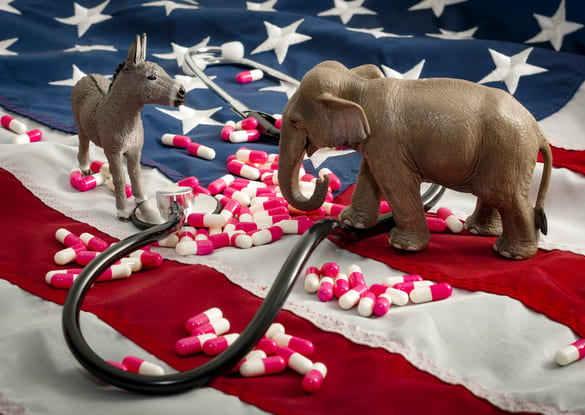How Will The Next Great Recession Affect The US Pharma Industry?
The US will have another recession as certain as night follows day. The business cycle has not been outlawed nor made extinct, contrary to the overly optimistic views of macroeconomists who think they have mastered the science and art of counter-cyclical monetary and fiscal policies. The macroeconomic environment for pharma companies is an exogenous factor beyond the capability of any individual firm or the entire industry to affect. Yet, it would be a mistake for company executives to not plan for commercial contingencies on how they would react to and mitigate the effects from a deep and long recession. The Great Recession, which lasted from December 2007 through June 2009, adversely affected both US and global pharma and healthcare markets. This event was also considered a transformative and structurally-changing event for the US pharma industry. The pharma industry is now considered more recession sensitive after this event than before due to the advent of numerous documented environmental trends. There are also multiple signs and good reasons to believe that the next recession may be just as severe as the Great Recession.
This white paper addresses the following questions for pharma executives to consider in preparation for the next Great Recession:
- How does a severe recession affect drug demand in the current pharma environment?
- What should pharma companies do to prepare for the next recession?
- What analytics should be in place so that pharma companies can put together plans to mitigate the adverse effects of a severe recession on drug demand?
Contact us at insights@axtria.com with any questions.
Trending insights

White Paper





